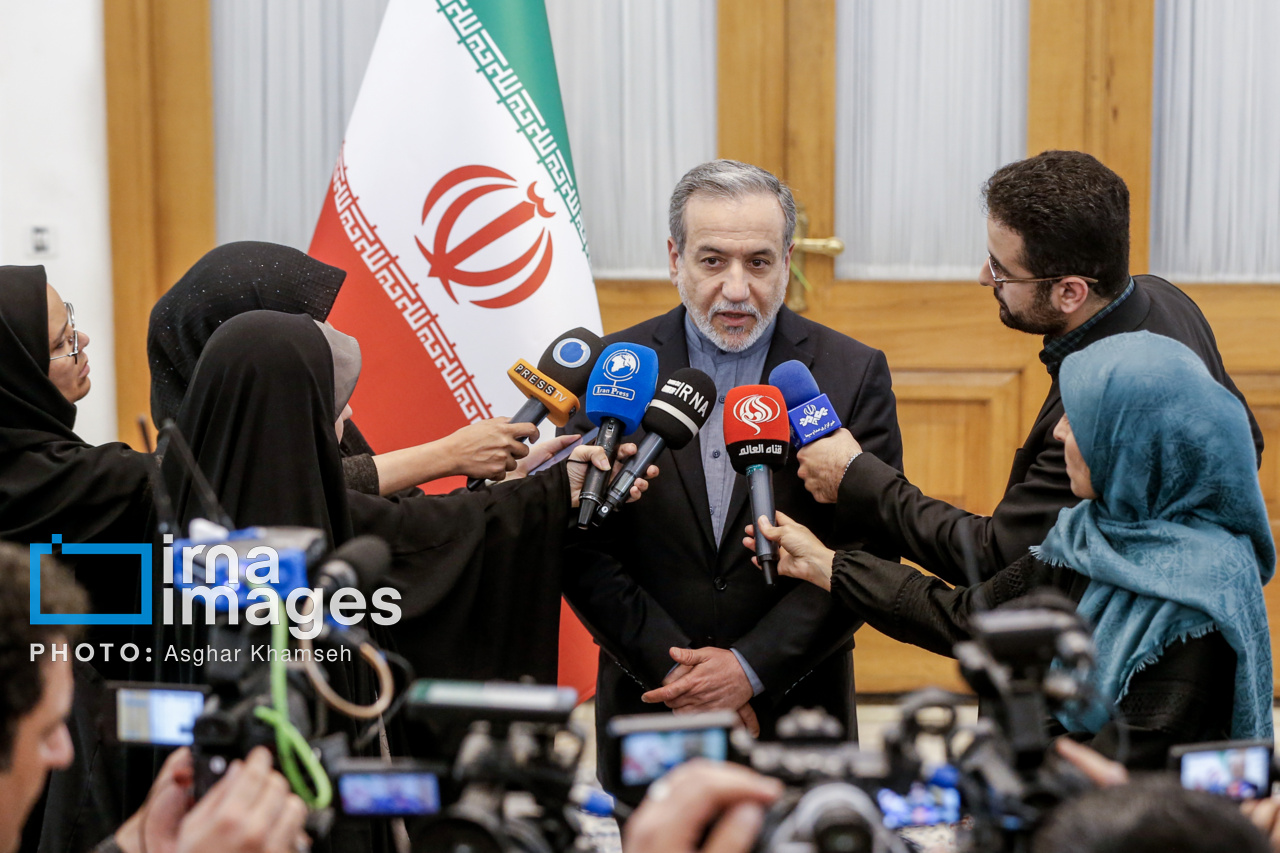
Similar Posts
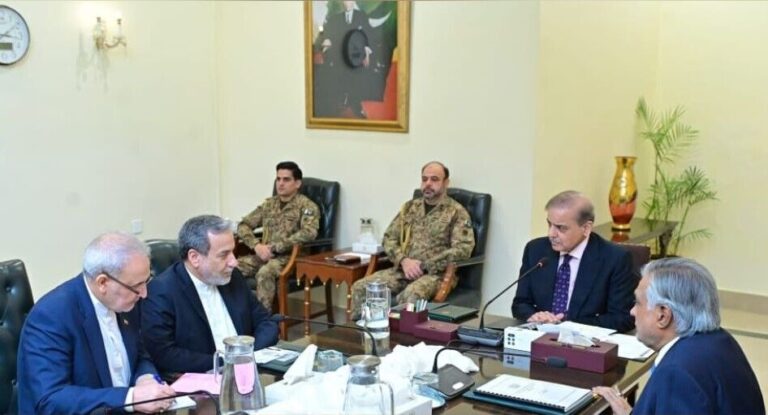
Pakistan and Iran Join Forces: Prime Minister Affirms Commitment to Regional Peace
Prime Minister Shehbaz Sharif of Pakistan reaffirmed his country’s commitment to strengthening ties with Iran during a meeting with Iranian Foreign Minister Abbas Araqchi in Islamabad. The discussions highlighted the historical bonds between the two nations and addressed recent tensions following a tragic explosion in Iran and rising conflict between Pakistan and India. Sharif condemned allegations linking Pakistan to violence in India-administered Kashmir and called for an international investigation. Araqchi, representing Iran’s leadership, emphasized bilateral cooperation and invited Sharif for an official visit to Tehran, underlining both countries’ mutual interest in promoting regional peace and stability.
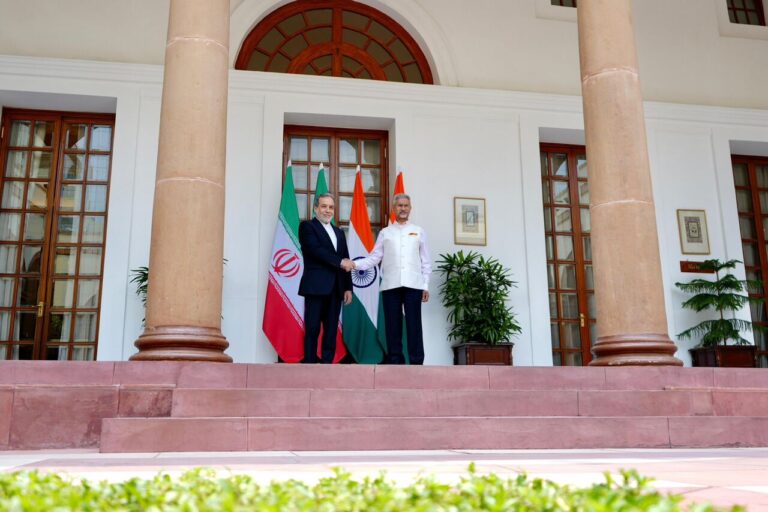
Iran and India Strengthen Ties: Foreign Ministers Outline Future Cooperation Plans
India’s Minister of External Affairs, Subrahmanyam Jaishankar, met with Iranian Foreign Minister Abbas Araqchi in New Delhi to enhance bilateral cooperation during the 20th Iran-India Joint Commission Meeting. They reviewed collaboration across multiple sectors and discussed regional and global developments. Jaishankar highlighted the upcoming 75th anniversary of diplomatic relations, emphasizing its significance. Araqchi, leading a diplomatic delegation, also met with India’s President Droupadi Murmu and National Security Advisor Ajit Doval. This engagement aims to strengthen ties between the two nations and promote mutual interests and regional stability as they celebrate their longstanding diplomatic relationship.

Iran Slams U.S. for War Crimes in Yemen: A Powerful Condemnation
The escalation of violence in Yemen has prompted strong condemnation from Foreign Ministry spokesperson Esmaeil Baqaei, who criticized recent U.S. military attacks in Sanaa, Saada, and Al-Jawf. He described these actions as severe violations of Yemen’s sovereignty and international law, labeling them as war crimes due to their targeting of residential areas and infrastructure. Baqaei expressed regret over the United Nations’ inaction in addressing these violations and the resulting loss of innocent lives. He emphasized the need for international intervention to uphold the rights of the Yemeni people and highlighted the regional instability caused by U.S. aggression.
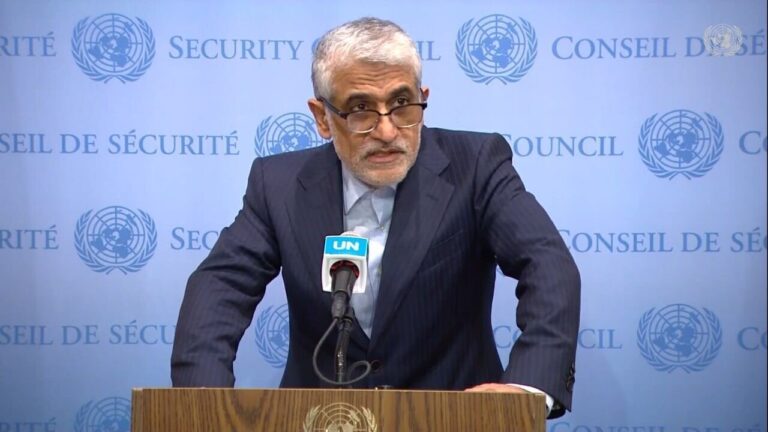
Urgent Call: Syria’s Interim Authorities Must Prioritize Civilian Safety
In a recent UN Security Council address, Iran’s Permanent Representative Sa’eed Iravani called for urgent action by Syria’s interim authorities to protect civilians in Latakia and Tartus amidst ongoing violence, particularly affecting the Alawite community. He condemned the violence, urged for humanitarian access, and highlighted the need to combat terrorism, particularly from foreign fighters. Iravani criticized Israeli violations of Syrian sovereignty and called for the lifting of U.S. and EU sanctions, which hinder recovery efforts. He emphasized that Syria’s future should be determined by its people and welcomed Syria’s return to the Organization of Islamic Cooperation, advocating for Iranian support for stability in the region.
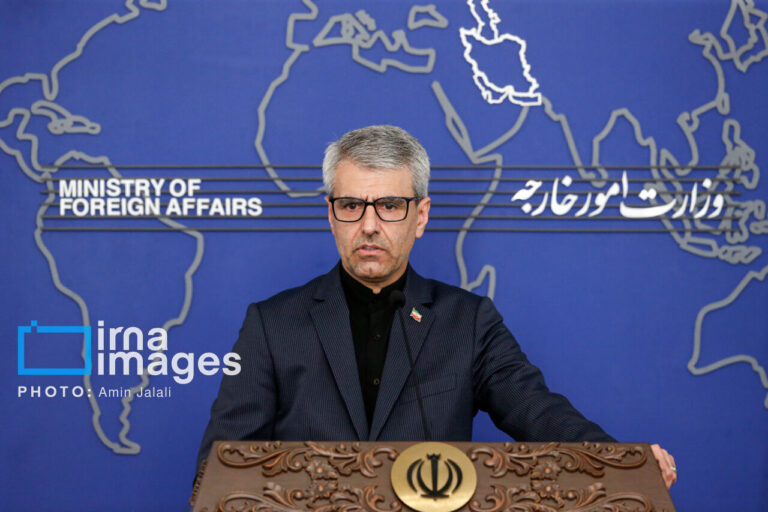
Iran’s Foreign Ministry Dismisses France’s ‘Baseless’ Claims on Nuclear Program
Iran’s Foreign Ministry spokesperson, Esmaeil Baqaei, has rejected French Foreign Minister Jean-Noel Barrot’s allegations about Iran’s nuclear program, calling them “absurd.” He criticized Barrot’s threats to reimpose sanctions, suggesting they could damage France’s credibility on the global stage. Baqaei’s comments follow similar sentiments from Iran’s UN Ambassador, Amir-Saeid Iravani, who deemed the accusations politically irresponsible and reaffirmed Iran’s commitment to diplomacy. Iravani emphasized that genuine dialogue requires the absence of threats and urged France and its allies to respect international law and the sovereign rights of nations, underscoring the complexity of Iran’s nuclear situation.
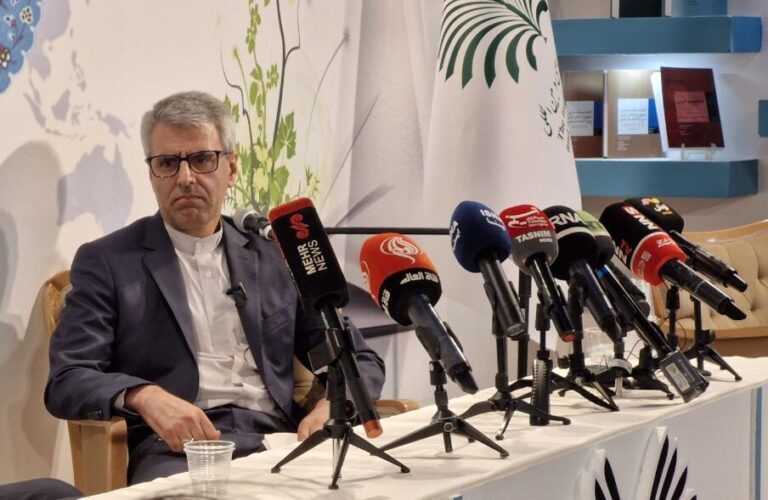
Baqaei: Stopping Iran’s Nuclear Program Is Not a Negotiation Challenge
Negotiations over Iran’s nuclear program are intensifying, with Foreign Ministry spokesperson Esmaeil Baqaei asserting that halting the program is not an option. He emphasized that Iran’s primary goals are to maintain its nuclear advancements and to lift sanctions affecting its population. Recently, Iranian negotiators, led by Foreign Minister Abbas Araqchi, engaged in discussions with a U.S. delegation in Muscat, facilitated by Oman. These talks are seen as productive and aim to address Iran’s nuclear ambitions, potential sanctions relief, and possibly replace the 2015 deal abandoned by the U.S. during the Trump administration.